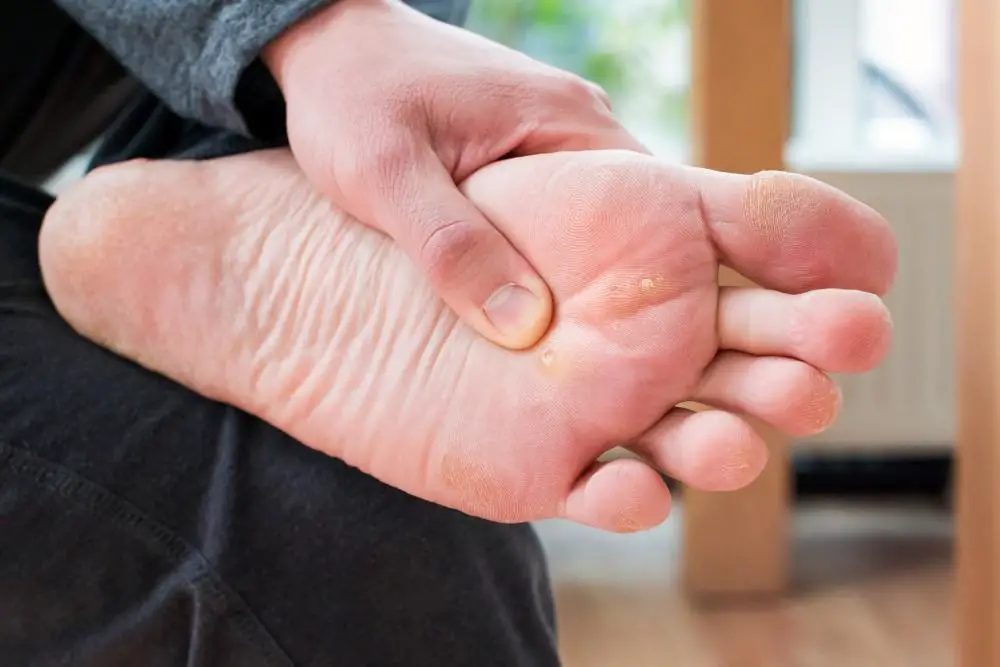What are Warts?
Warts are skin growths caused by a virus. They are ugly bumps that can appear anywhere on the body. Warts come in different types. It's important to know the type to treat them properly.
Types of Warts
Common Warts
Common warts are rough, grainy bumps. They often grow on hands, fingers and knuckles. Anyone can get them through direct contact or shared objects. For effective common wart removal sydney, it's best to seek professional treatment from dermatologists for skin care clinics.
Plantar Warts
Plantar warts are hard, flat growths on soles of the feet. Walking makes them grow inward causing pain.
Flat Warts
Flat warts are small and smooth. They appear in clusters on the face, arms or legs. Children and young adults get them often.
Filiform Warts
Filiform warts are long and thin like threads. They grow on the face, neck or around the mouth. They can bleed when irritated.
Why Should You Remove Warts?
Potential Health Risks
Untreated warts can spread on the body or to others. Warts on feet can make walking or exercise painful.
Cosmetic Concerns
Many feel embarrassed by warts, especially on visible areas like face or hands. Removing warts improves appearance and self-confidence.
Wart Removal Methods in Sydney
Over-the-Counter Treatments
Salicylic Acid
Salicylic acid is a common over-the-counter wart removal sydney. It peels away wart layers with consistent use over weeks.
Cryotherapy (Freezing)
Some cryotherapy kits freeze warts at home. Freezing causes the tissue to blister and fall off.
Professional Treatments
Cryotherapy by Dermatologist
Dermatologists use liquid nitrogen to freeze and destroy wart tissue. This may need multiple sessions but is very effective.
Laser Removal
Lasers target and remove wart tissue precisely. Lasers work well for stubborn, recurring warts.
Surgical Excision
For large, resistant warts, a dermatologist may cut out the wart under local anesthesia.
Immunotherapy
Immunotherapy treatments stimulate the body's immune system to fight the wart virus.
Choosing the Right Treatment
Factors to Consider
Wart Type and Location
Different warts respond better to certain treatments. Plantar warts may need more aggressive methods.
Age and Health
Children or those with conditions like diabetes may need specific treatment options.
Severity and Persistence
Stubborn warts may require intensive laser or surgical removal.
Cost and Convenience
Over-the-counter is cheaper but professional treatment is more effective.
Proper Wound Care
Follow instructions for dressing, cleaning and protecting the area after treatment. This prevents infection and scarring.
Preventing Recurrence
Practice good hygiene. Avoid direct wart contact. Don't share personal items to stop spreading.
Conclusion
Warts can be unsightly nuisances. But with wart removal options in Sydney, you can banish them for good. Consider your specific case to choose the right treatment. Proper aftercare prevents recurrence. Soon you'll have smooth, wart-free skin!
FAQs
Are treatments painful?
Most cause little discomfort. Over-the-counter may be irritating. Professional ones like cryotherapy can sting briefly.
How long until warts go away?
It varies by treatment type and person. Over-the-counter can take weeks to months. Professional methods resolve warts in a few weeks.
Do untreated warts spread?
Yes, the wart virus spreads through direct contact or shared items if left untreated.
Is wart removal covered by insurance?
Sometimes warts interfere with daily activities or cause issues.
Can warts come back after treatment?
Proper aftercare like hygiene prevents recurrence. But they may return if re-exposed to the virus.





